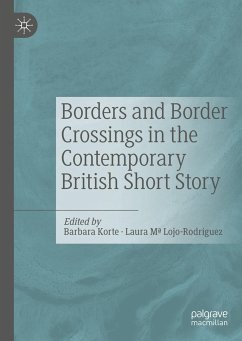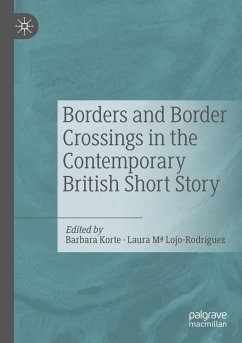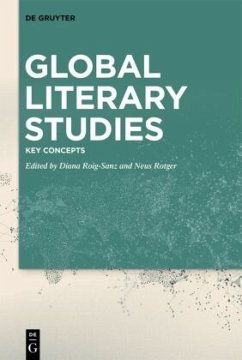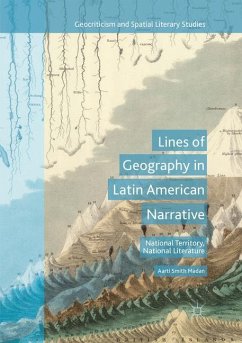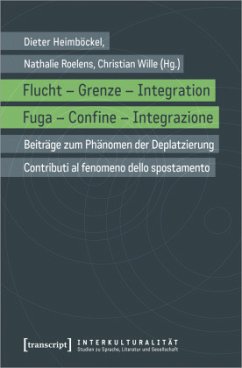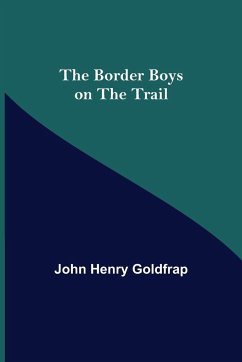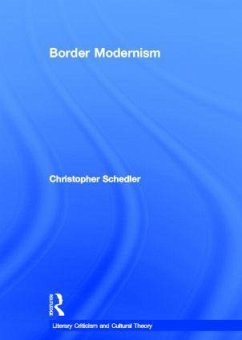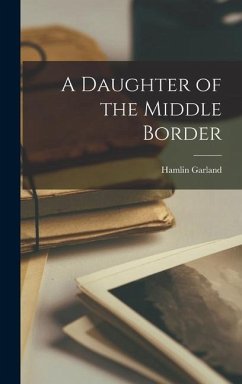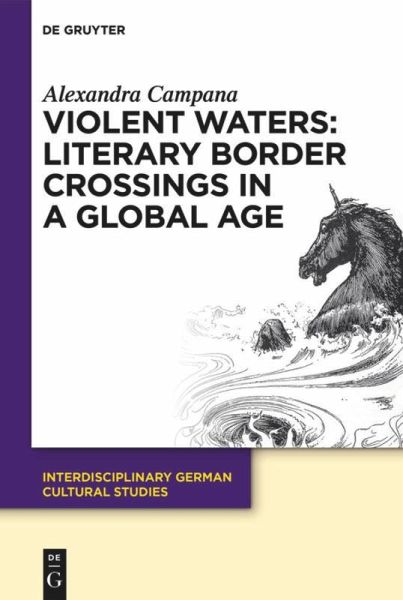
Violent Waters: Literary Border Crossings in a Global Age
Versandkostenfrei!
Versandfertig in 6-10 Tagen
91,99 €
inkl. MwSt.
Weitere Ausgaben:

PAYBACK Punkte
46 °P sammeln!
The experience of witnessing and undertaking border crossings has become a pillar of the contemporary human condition. In order to respond to our global, multidimensional social reality, writers need to generate innovative forms of narration that expand the confines of literary tradition. This study discusses four types of border crossing (migration, intercultural dialogue, multicultural identities, military invasion) and presents literary aesthetics that unfold in Algeria, China, France, Germany, Romania, Switzerland, Trinidad and Tobago, the UK, and the USA. These analyses move from the fall...
The experience of witnessing and undertaking border crossings has become a pillar of the contemporary human condition. In order to respond to our global, multidimensional social reality, writers need to generate innovative forms of narration that expand the confines of literary tradition. This study discusses four types of border crossing (migration, intercultural dialogue, multicultural identities, military invasion) and presents literary aesthetics that unfold in Algeria, China, France, Germany, Romania, Switzerland, Trinidad and Tobago, the UK, and the USA. These analyses move from the fall of the Iron Curtain to the rise of the internet, and from the turn of the millennium to the terrorist attacks of 9/11, and the wars in Afghanistan and Iraq. Positioned in the field of comparative literature, this book draws upon an extensive background of theoretical thought (e.g. Adorno/Horkheimer, Arendt, Dawkins, Fanon, Freud, Kristeva, Zizek) and reaches into other academic disciplines (such as religious studies). Border crossings thus serve as both theme and methodology, which not only leads to a new definition of post-modern writing, but also underlines literature's relevance in a global society driven by public discourse.




